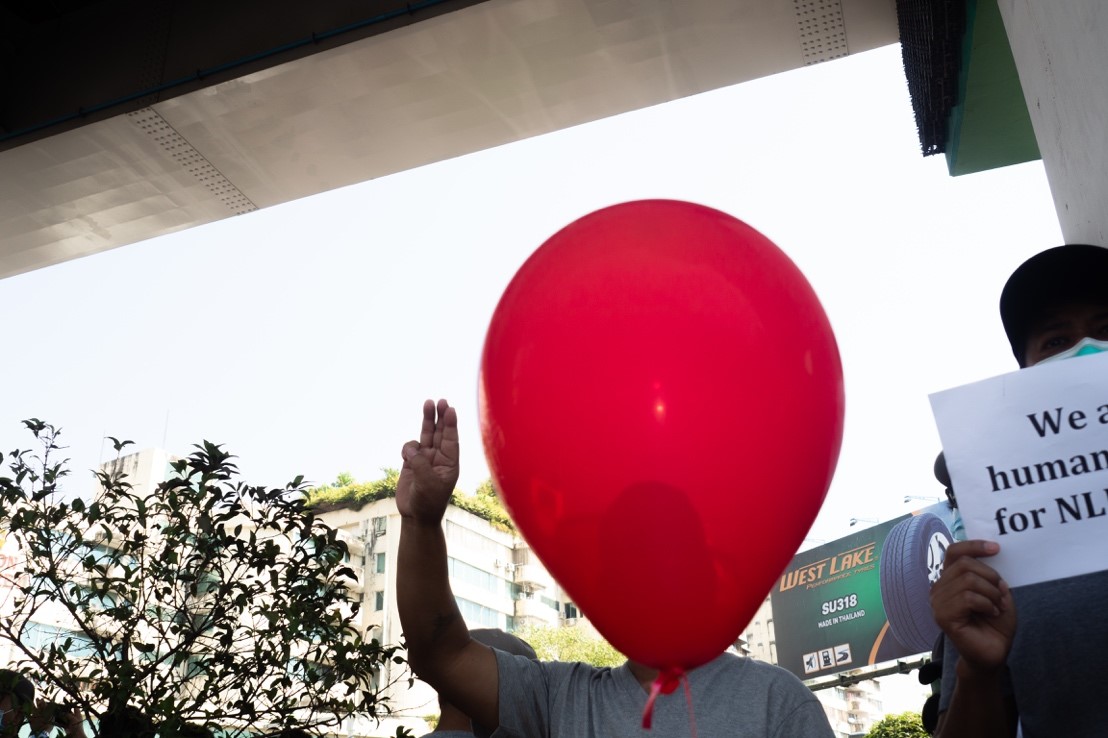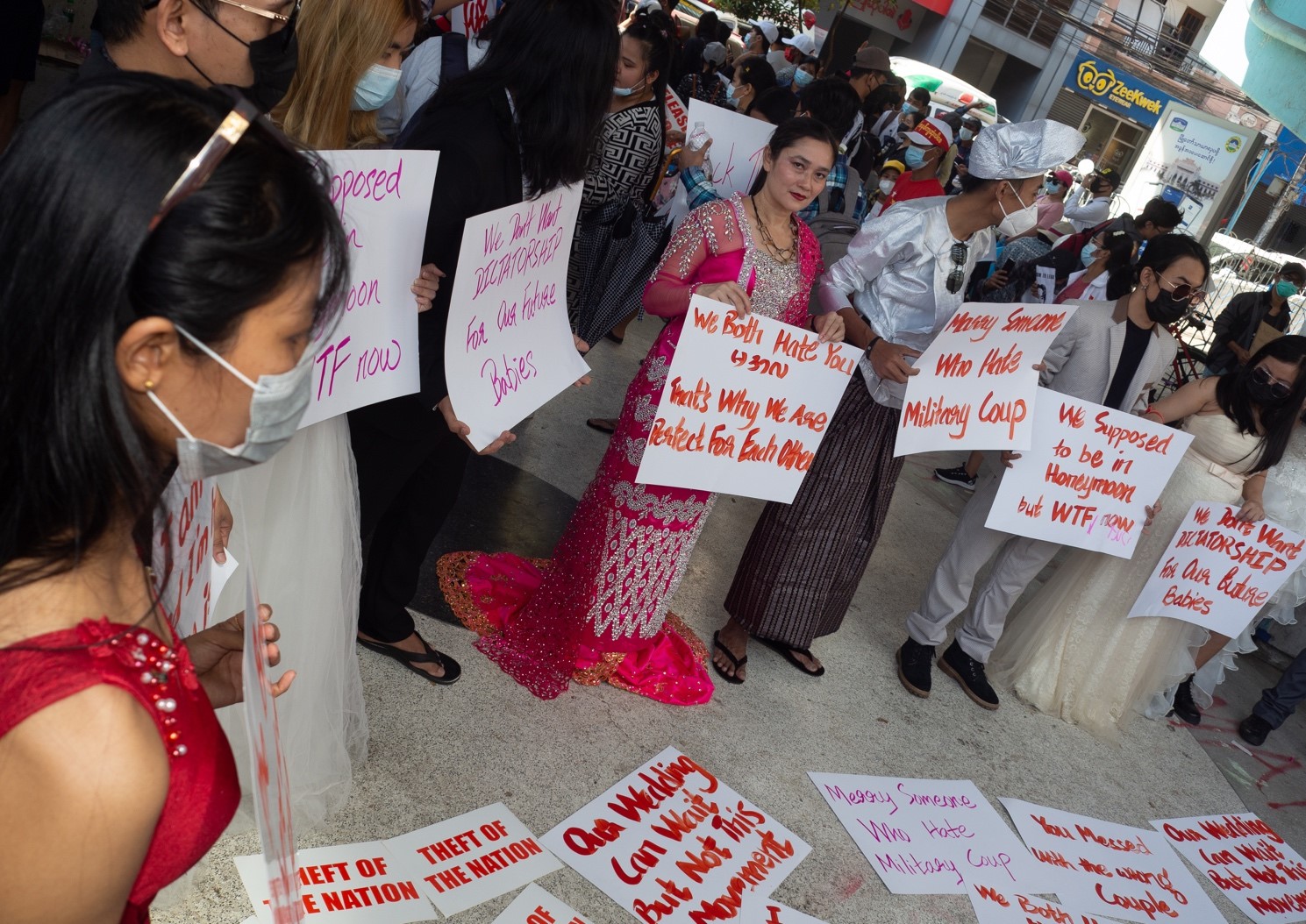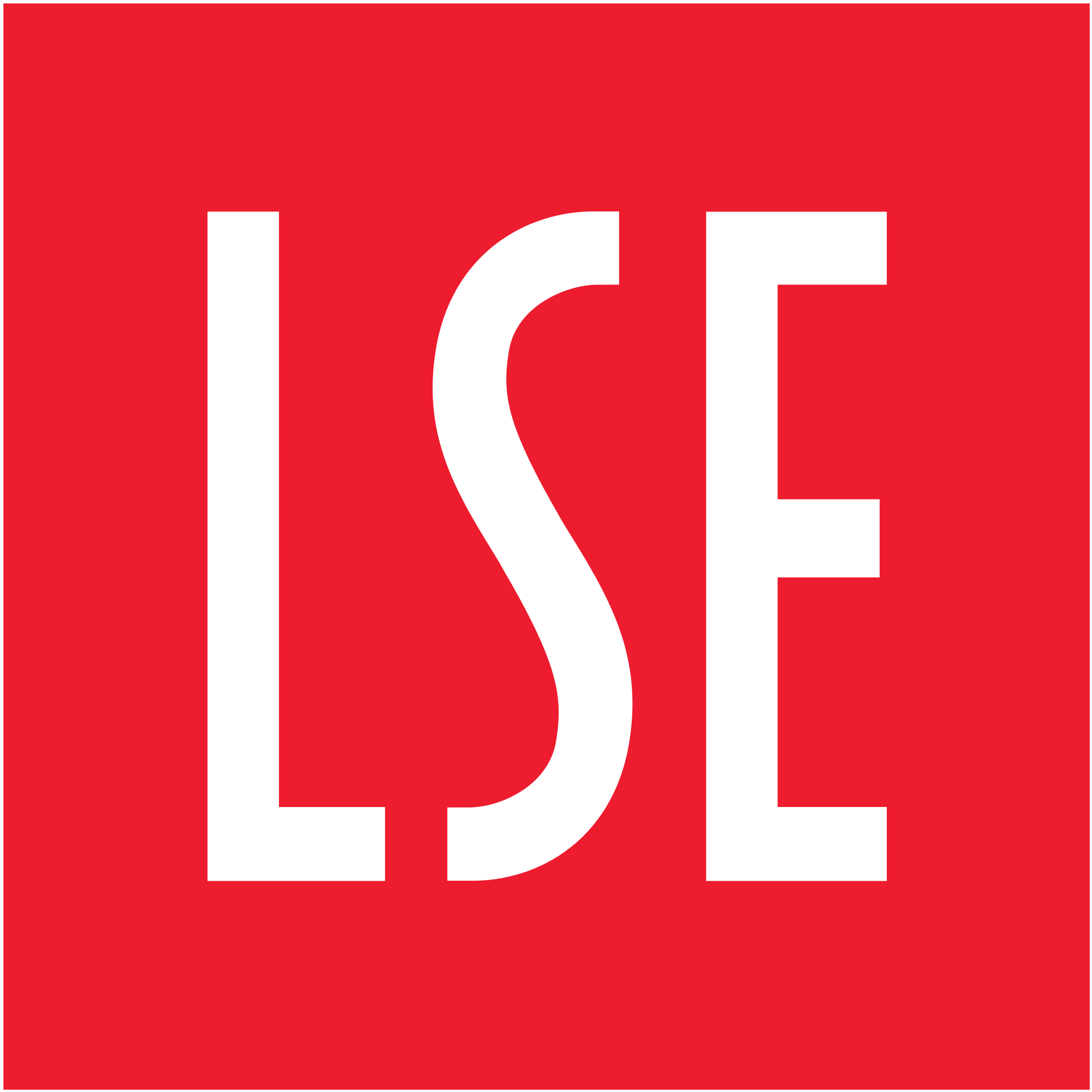Conducting field research always comes with security and ethical considerations. Yet they are exacerbated in constraining political environments, where navigating the line between one’s own security, the safety of informants and ethical considerations on how to use and interpret data to analyse a rapidly unfolding political situation such as the current military coup in Myanmar, can be a struggle for field researchers. This piece is dedicated to my research assistant, unjustly arrested and currently in jail in Myanmar, writes Morgane Dussud
_______________________________________________
Myanmar’s recent military coup
The latest Myanmar’s military coup occurred on 1 February 2021. The military seized power as the new legislature was taking office, following another landslide victory of the National League for Democracy (NLD) party at the November 2020 elections. A few weeks of massive popular demonstrations bringing millions to the street rapidly escalated into a nationwide bloodbath as the military reverted to the crackdown tactics it had been infamous for in the past. As of 11 May 2021 that marked the 100 days of the coup, 783 people had been confirmed killed by the junta, 4936 had been arrested, and 3859 were still detained, according to the Assistance Association for Political Prisoners (AAPP)[1]. 20 individuals have been sentenced to death.
The threat of plunging the country back into a complete Internet blackout looms closer every day, as people, protesters and activists keep their heads high. By telling the military, “you messed with the wrong generation“, they make very clear their determination not to return to dictatorship. The wittiness of the early demonstrations in February was followed by the determination of recent weeks, with protest strategies getting ever more desperately creative. Activists have organised silent strikes (the streets of Yangon were completely empty on 24 March, to rebuke the military’s claims that life was back to normal), balloon strikes, mango strikes, and my favourite of all: flash strikes (completely spontaneous demonstrations where people drop everything they are doing to run and gather in the street as soon as they hear the protests chants, jog along for a while and disperse as quickly).

I wrote in the upgrade paper for my PhD in September 2019 that “I do not foresee any particular issue in terms of access (…) in Myanmar”. Six months into my fieldwork, a global pandemic (March 2020) erupted, and roughly a year after, a military coup (February 2021). I am aware of my positionality – none of the issues I face as an international fieldworker and a researcher in Myanmar compare to what local activists, protesters and others are going through. Nonetheless, I am reflecting here on the consequences of the military coup on my fieldwork research as a foreign PhD student, and the interrogations it prompted around (1) what has been my own experience as a field researcher in and out of Myanmar in the midst of the current political turmoil; and (2) what are the specifics of conducting field research in a semi-authoritarian (and now, seemingly, authoritarian) context?
Risks, ethics, access and fieldwork
I had attended a one day risks and ethics training organised by my doctoral school in 2019 prior to leaving London for fieldwork. Recognising that social scientists can do harm too, trainings are, for good reasons, mandatory. They lay foundations to protect interviewees and anyone who we might come across during our research and recognise that scholars can be targets too. We were told that our work could be monitored and even obstructed.
My personal safety as a researcher on the ground never felt like an issue. While in Myanmar, my affiliation with local institutions not only granted me invaluable access, it also gave me legitimacy and an alternative ‘cover’, had I ever needed one. The years spent in the country, prior to the PhD, working in the international aid sector, doing the spadework for my research, proved to be crucial, added to my investment into learning Burmese language. I went from being aware of the risks, but able to operate quite freely, to having to leave the country almost overnight and remaining connected to the situation on the ground mostly via social media.
Because I work with political activists and civil society actors, the safety of my informants and interviewees was what I was most concerned about. I put all the necessary steps in place: anonymous notes, password protected files, back-ups, never taking notes from other interviews along with me, destroying paper trails, etc. Working on civic space in Myanmar, I interviewed mainly activists and political opponents, who, as I now argue in my thesis, are often forced to operate outside of legal frameworks, especially when it comes to freedom of assembly and freedom of expression. The challenge was therefore for me to gather enough empirical data so as to be credible and bring original (anonymised) data to back up my arguments, while not endangering anyone. My main strategy has been to remain vague about my work and my whereabouts at all times, to protect people around me.
Navigating that thin line between ethics (transparency, consent, positioning) and safety (my own and those of my contacts) has not been easy and prompted several internal debates, and semi-urgent calls to my supervisor back in London and a couple of mentors familiar with similar research contexts. Maintaining access then, now and in the future, has kept me preoccupied. The danger (of attracting suspicion, being interrogated, or even expelled from the country) was highest while on the ground, but I was also aware, and I remain so now more than ever, of the risk of not being allowed back into a country that I have spent so many years studying, and where I have formed deep friendships.
As my PhD looks at civic space in semi-authoritarian contexts, the challenges in the current contexts are double. I first had to reflect on how to ensure the safety of respondents before, during and after interviews, as well as how to use this data to analyse a very rapidly changing situation that continues to unfold as I pursue my project. The informed decision to meet and talk with me before the coup does not automatically translate into an informed consent to see their (always anonymised) statements used during or after the coup. My ethical responsibility lies both with the story I am trying to tell (about civic space in Myanmar) and with the individuals who spoke with me. It now remains up to me, the researcher, to make an “ethically informed risk assessment” (see Bronéus, 2011 on this) not only about how to use them, but also about how to interpret them.

Doing research in semi-authoritarian contexts
It is impossible as a field researcher to forget the risks associated with academic research in semi-authoritarian contexts. Freedom of expression is under assault around the globe and researchers are not safe. Giulio Regeni, a Cambridge University student was tortured and faces an ongoing fight against legal harassment and censorship under lèse-majesté claims in Thailand. These cases are reminders that fieldwork research remains dangerous at times.
Several scholars have reflected on their fieldwork experience in Myanmar. Prof. Judith Beyer (Konstanz University) recently gave an interview about the situation in Myanmar and was asked how it affected her as a scholar (see also Wackenhut (2018) on fieldwork in Egypt and Dolnik (2011) on conducting field research on terrorism). Wackenhut (2018) in particular reflects on how to apply abstract ethical considerations to what she calls very concrete “less-democratic contexts”, where “a failure to carefully consider such ethical questions entails a very real risk of endangering the livelihoods and even lives of research participants” (2018: 242).
Weiss and Morgenbesser in a 2018 article entitled “Survive and Thrive: Field Research in Authoritarian Southeast Asia” looked into fieldwork in contexts where interviewees are not “likely to enjoy the civil liberties that incline one to speak freely” (2018: 386). They showed that limited academic freedoms during and after fieldwork research are a reality across the region. Access to areas and people – especially in conflict zones, research visas that remain close to impossible to secure, police intimidation, lack of archives or secured / restricted materials when they even exist at all, lack of transparency of decision making processes and of access to such decision-makers, etc. are amongst the everyday challenges faced by national and international scholars.
Research constraints and threats did not only appear in Myanmar with the recent coup. Active conflicts in ethnic areas have been raging in Myanmar for decades, where “lack of accountability, limited civil liberties, episodic violence and everyday crime (especially where the police lack professionalism) pose real hazards” (Weiss and Morgenbesser, 2018: 387). Jenny Hedström (2017), for instance, wrote a short piece on fear and fieldwork in Kachin state, Northern Myanmar.
As I am digging further into academic literature on political and military coups, I am borrowing insights from peace studies that help navigate conducting research on rapidly unfolding situations, such as with the military coup in Myanmar. My current thinking in regard to my own thesis attempts to “see beyond the coup”, as I trace back my data, wondering if I missed signs that the coup might have been imminent; and what it means for human rights actors who have been fighting for democracy through thick and thin for decades. I personally struggle to balance writing a conceptual piece of research; sorting out data I collected when both I and my respondents were in a completely different mindset prior to the coup; and continuing to observe from afar the political turmoil unfold in Myanmar, while caring deeply about the fate of the participants.
Conclusion
Now that I have returned to Europe to start writing my thesis, the hardest thing of all has been witnessing my friends and contacts on the ground getting harassed and arrested. Arbitrary arrests, unlawful detention, torture and mistreatments in interrogation and detention centres have become the everyday reality of activists and protesters. My research assistant, a youth leader, was arrested early March during a protest. His brave and determined activism for democracy in Myanmar, of which his involvement in my research project was one of many sides, is an ongoing source of admiration and inspiration.
I am grateful to researchers who have openly shared their insights on navigating fieldwork in constraining research environments (e.g., Dolnik, 2011), as it helps educate other scholars like me. It also helps to demystify fieldwork which remains both a fascinating and daunting journey. The truth is, I was not prepared. I was barely prepared for field research before the coup, as I found myself sometimes interviewing activists in courts as they awaited their sentences. And, I was certainly not prepared for my fieldwork to overlap with a global pandemic and a military coup; for my colleagues to be so unjustly jailed; and for having to write a thesis while my friends are fighting for freedom and democracy with their lives. As I continue to progress this research project despite the circumstances, I would like to conclude on a note of solidarity to them, and to my fellow researchers in Myanmar, who do not get to fly out, and write in peace overseas like we do. As always, I commend your integrity and your bravery.
References
Bronéus, K. (2011). In-depth interviewing: The process, skill and ethics of interviews in peace research. In Oberg, M., & Hoglund, K. (Eds.) (2011). Understanding Peace Research: Methods and Challenges (1st ed.). Routledge, pp 130 – 145. https://doi.org/10.4324/9780203828557
Dolnik, A. (2011). Conducting Field Research on Terrorism: A Brief Primer. Perspectives on Terrorism, 5(2). Retrieved from http://www.terrorismanalysts.com/pt/index.php/pot/article/view/dolnik-conducting-field-research
Hedström, J. (2017). Fear and fieldwork in Myanmar. International Feminist Journal of Politics, 19(3), 386 – 387. https://doi.org/10.1080/14616742.2017.1324094
Sharma, Y. (2018). The perils of fieldwork in authoritarian states. University world news. Published on 5 September 2018. Retrieved from: https://www.universityworldnews.com/post.php?story=20180905164036471
Wackenhut A. F. (2018). Ethical Considerations and Dilemmas Before, during and after Fieldwork in Less-Democratic Contexts: some Reflections from Post-Uprising Egypt. The American sociologist, 49(2), 242 – 257. https://doi.org/10.1007/s12108-017-9363-z
Weiss, M. L. & Morgenbesser, L. (2018). Survive and Thrive: Field Research in Authoritarian Southeast Asia. Asian Studies Review, 42(3), 385 – 403. https://doi.org/10.1080/10357823.2018.1472210
Notes
[1] The AAPP is a non-profit created in 2000 by political prisoners. The AAPP produces daily updates (https://aappb.org) monitoring the crackdown on political opponents, and political developments post-coup. These are the confirmed verified numbers, and according to the AAPP “the actual numbers of fatalities is likely much higher”.
_______________________________________________
For citation: Dussud, M. (2021) Conducting research in the midst of a military coup in Myanmar. Field Research Methods Lab at LSE (2 June) Blog entry. URL: https://blogs.lse.ac.uk/fieldresearch/2021/06/02/conducting-research-in-the-midst-of-a-military-coup-in-myanmar
*The cover image is by Myo Thaw: Mass protest in support to the Civil Disobedience Movement (CDM), Yangon, February 2021. All images in this article were purchased by the author for use in this blog and should not be reproduced without permission.





